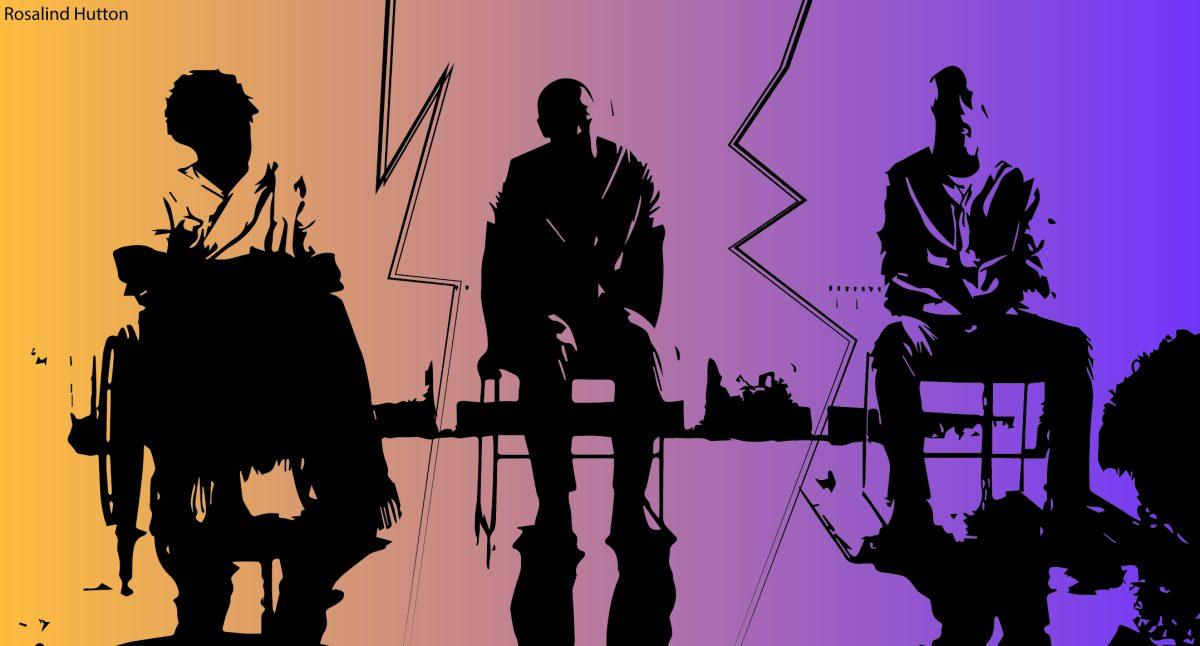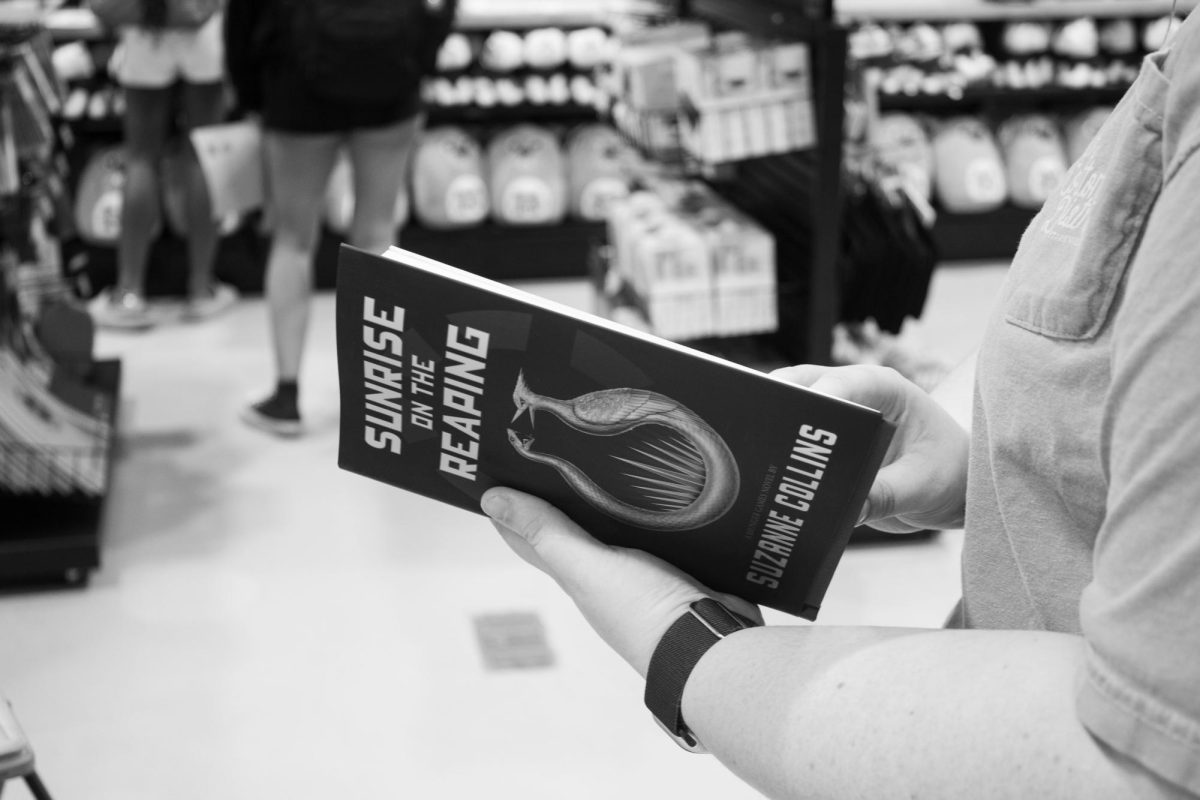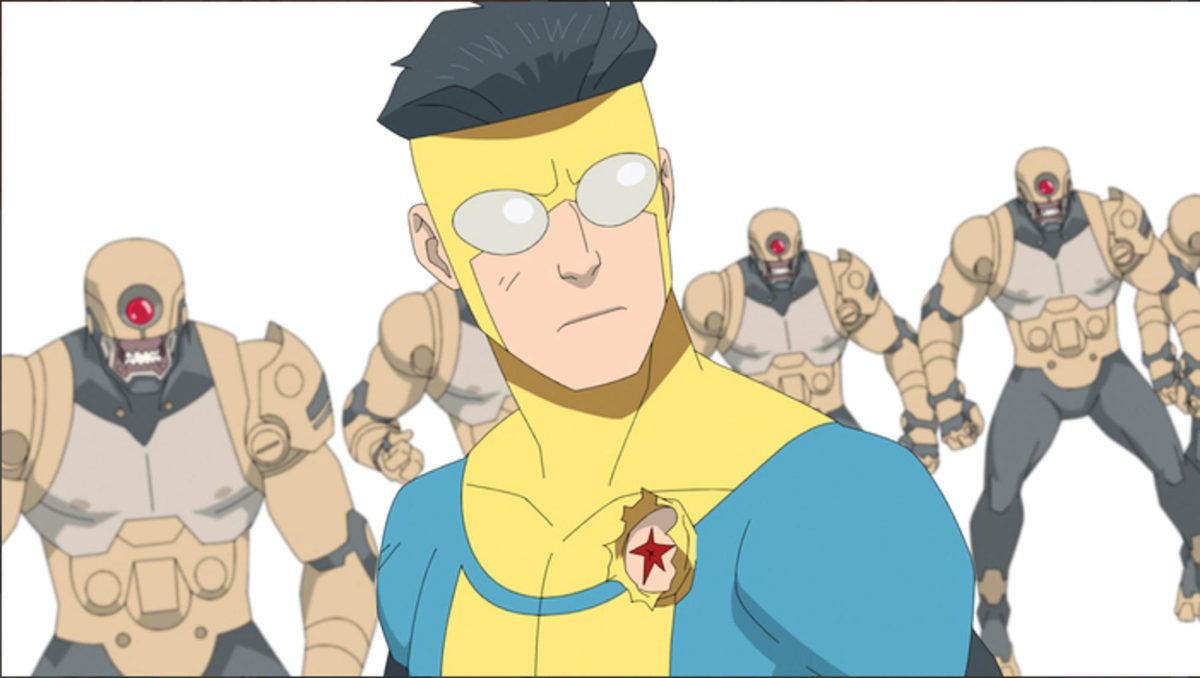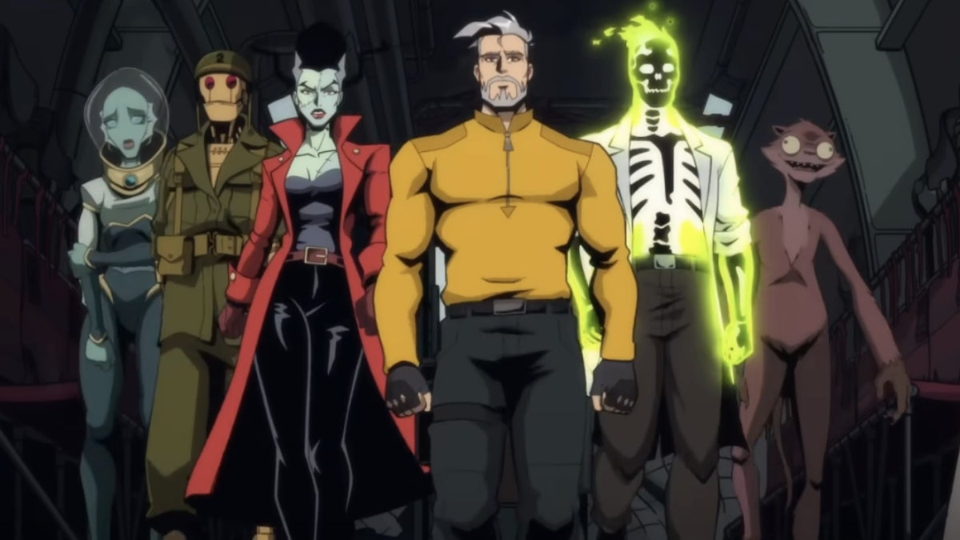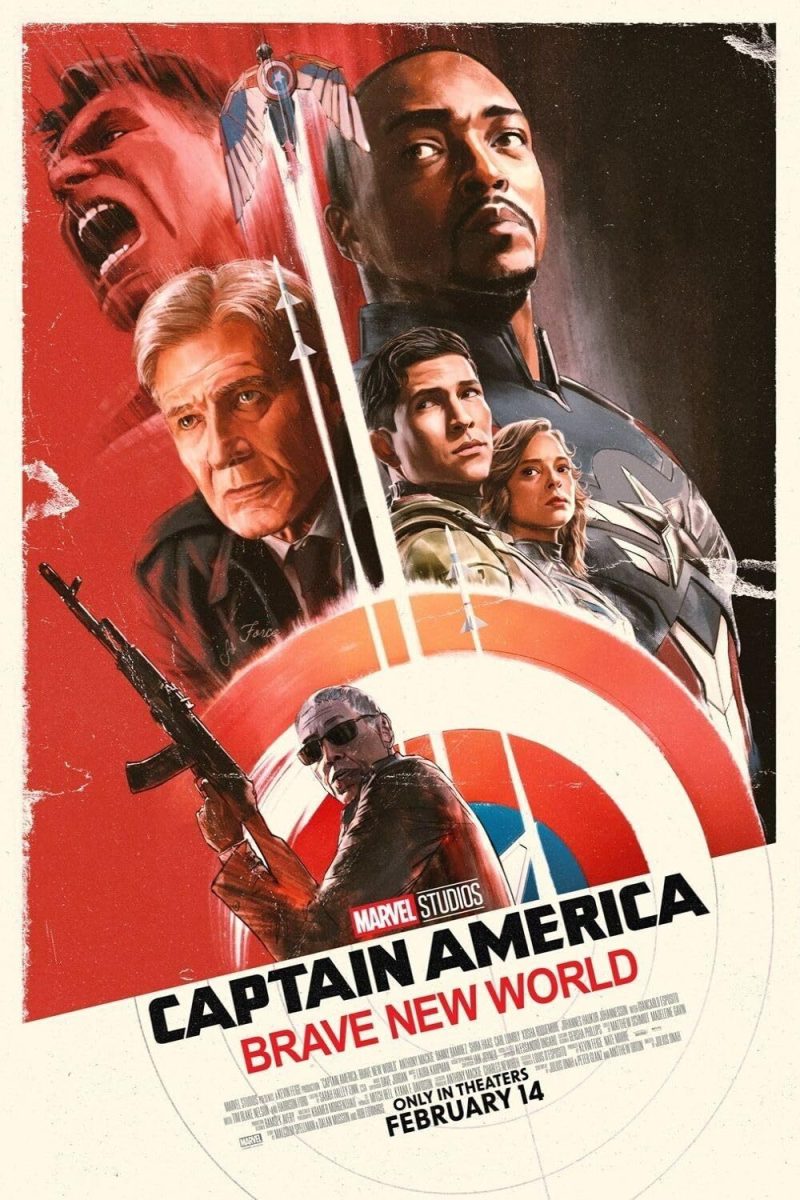An incredible sense of appreciation lingered after viewing M. Night Shyamalan’s new film, “Glass.” This stylistic and colorful approach, combined with incredibly resonating themes, induced a gratitude for the existence of films like this.
While I hate several of Shyamalan’s recent films, including “The Last Airbender” and “After Earth” specifically, his return to masterful character studies with lower budgets has not gone unnoticed.
Current critics are extremely harsh toward this film, and there is a major gap between audience and critical impressions. Whether this film stands the test of time is unknown, but I have a feeling it will remain as a shining example of how to properly execute a super-human story.
Acting primarily as a sequel to Shyamalan’s 2016 film “Split,” “Glass” bridges the gap originating with “Unbreakable,” the famous thriller from 2000.
In this film, security guard David Dunn uses his superpowers to track Kevin Wendell Crumb, a disturbed man who has 24 personalities. Dunn gets locked in a mental institution alongside his once-rival Mr. Glass and the multi-personality “The Horde,” and he must escape from a psychiatrist who aims to prove the trio does not actually possess super-human abilities. As the trio engage in multiple escalating encounters, the film dives into the complex intricacies of what motivates heroes and villains.
Anya Taylor-Joy, Bruce Willis, James McAvoy and Samuel L. Jackson reprise their roles from “Unbreakable” and “Split,” while Sarah Paulson takes on the role of Dr. Ellie Staple, the head doctor of Raven Hill Memorial, a mental institution outside Philadelphia. Other major characters include Dunn’s son Joseph, played by Spencer Treat Clark, and Mr. Glass’s caring mother, played by Charlayne Woodard.
Starting strong, the progression slowed to observe the characters and their overall motivations before ramping back up to an extremely divisive conclusion.
Several plot points pointed toward a disappointing final showdown, but Shyamalan brilliantly adjusted by focusing on character payoffs. Acting instead as an origin story, the final entry in the “Eastrail 177” trilogy closes on an exciting note that incites dozens of potential outcomes.
The cast was small, the budget was perfect and the performances had me hooked from start to finish. The pacing, however, was not perfect, and it utilizes odd editing at times, but those are minor faults in an overall satisfying film from this inconsistent director.
This film appeals to innate human curiosity arriving from twisting character studies. Fans of the superhero genre will love certain scenes, but there is more emphasis in character range and stylized cinematography.
Segments of action and suspense occasionally appear to keep the audience enthralled, but they are sparse in the second act. Viewers expecting a non-stop thrill ride akin to a Marvel film will be disappointed. However, there is still plenty of substance to enjoy here.
Overall, I would recommend this film to anyone who would like to see a unique take on the superhero concept. It carves out a solid place among a genre of similar story-beats, leaving a refreshing prospective for the future of this genre. Instead focusing on fascinating villains saved this film, as there is a definite lack of style in similar high-grossing popcorn flicks.
While slightly irritating at times, “Glass” provides a satisfactory experience that many can appreciate. It holds your hand at times to help explain character elements, but following scenes pick right back up as if there was only a brief falter in pace. It winds up being a good film that does not crack under the usual pressure that accompanies concluding a trilogy.
“Glass” is currently running in theaters and will remain for the next few weeks. If you care to see brilliant acting, a decent story and have a solid cinematic experience, feel free to give “Glass” a go.
‘Glass’ withstands critical pressure and pleases crowds
About the Contributor

Brandon Grisham, Former Online Editor
Brandon Grisham served as the Online Editor from 2019 to 2020.
He also started The Reflector’s digital archive, dubbed the “Grisham Archive Project.”
0
Donate to The Reflector
Your donation will support the student journalists of Mississippi State University. Your contribution will allow us to purchase equipment and cover our annual website hosting costs.
More to Discover


